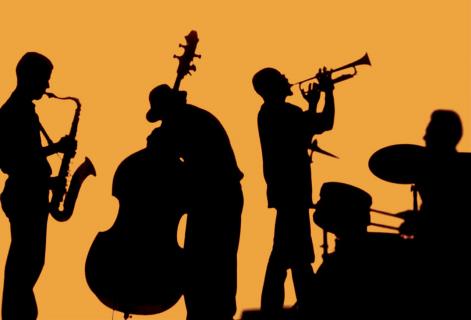
by Susanna Donato
Like most writers, I first was a reader, beginning when I was too young to realize that most people didn’t read as if it were a competitive sport, perhaps even a contact sport, requiring hours of daily training and muscles honed to carry stacks of library books.
My two worlds—work and life, which is to say, books—converged the year I was 20. One day, someone at my first office job was touring around a new account executive, a Hawaiian marathoner. Maybe they told her I liked to read. She asked what I was reading.
The night before, I’d finished Toni Morrison’s novel Jazz. Afterward, I could only sprawl on the floor beside my futon, staring at the ceiling, listening to some kind of mood music—Miles Davis? Sarah Vaughan? Tears slurped down my temples into the carpet. My heart physically ached with the new absence of the book, as if I’d fallen in love with it. (Well, I had. Here’s the closing of Jazz: “But I can’t say that aloud; I can’t tell anyone that I have been waiting for this all my life and that being chosen to wait is the reason I can. If I were able I’d say it. Say make me, remake me. You are free to do it and I am free to let you because look, look. Look where your hands are. Now.”)
 I confess, I no longer remember the specifics of the novel’s story. Still, though, I feel its impact in the texture of the language, Morrison’s particular evocation of Harlem, the way she blends the ordinary with lacerating, poetic precision about the human heart and its misbehavior.
I confess, I no longer remember the specifics of the novel’s story. Still, though, I feel its impact in the texture of the language, Morrison’s particular evocation of Harlem, the way she blends the ordinary with lacerating, poetic precision about the human heart and its misbehavior.
That mental muscle memory weaves among all the book-incidents that opened my eyes to literature: the 10th-grade teacher who assigned Beloved; The Color Purple paperback I read as a prepubescent (maybe not a good idea); the books my best friend gave me (a vintage paperback of Hemingway’s short stories; a collected Madeline); reading and re-reading Light in August; the tornadic structure of One Hundred Years of Solitude; running my adolescent finger through The Complete Poems by Anne Sexton and later discovering recordings of her gravelly, sardonic voice.
My new colleague, that day by the water cooler, had read Jazz too. Her eyes nearly overflowed along with mine. Then we smiled; now we were friends. She was older—she’d introduce me to The Silver Palate Cookbook, persuade me to give Ani DiFranco another listen, win me the work assignments that lifted me out of the copy room. But it was books and language that transformed us from acquaintances into peers and conspirators.
Jazz probably isn’t considered Morrison’s best work. In fact, I’ve rarely heard anyone else say they’ve read it. I wouldn’t say it’s my favorite book, although that’s hardly fair, because I’ve loved so many books, for so many reasons, that I can’t name a favorite.
But none of that matters. My Jazz memory is among my favorite book memories because it highlights the best thing about literature—the way it connects us, to ourselves, to the world, and most of all, to even the most random human heart, by the most random water cooler.
This post is part of our annual Lit Matters series, in which writers and readers express why supporting and elevating literary arts—the mission of Lighthouse Writers Workshop— is important to them. If you agree, consider supporting Lighthouse on Colorado Gives Day. Mark your calendar for December 8 or schedule your gift now. Thank you!
Susanna Donato is a longtime Lighthouser and Book Project alumna. She's writing The Only Girl in the Record Store, a music-driven memoir about coming of age as a gothy, redheaded minister’s daughter in the 1980s and ‘90s. Her work has appeared or is forthcoming in Okey-Panky, Blue Earth Review, Hippocampus and Columbia.

